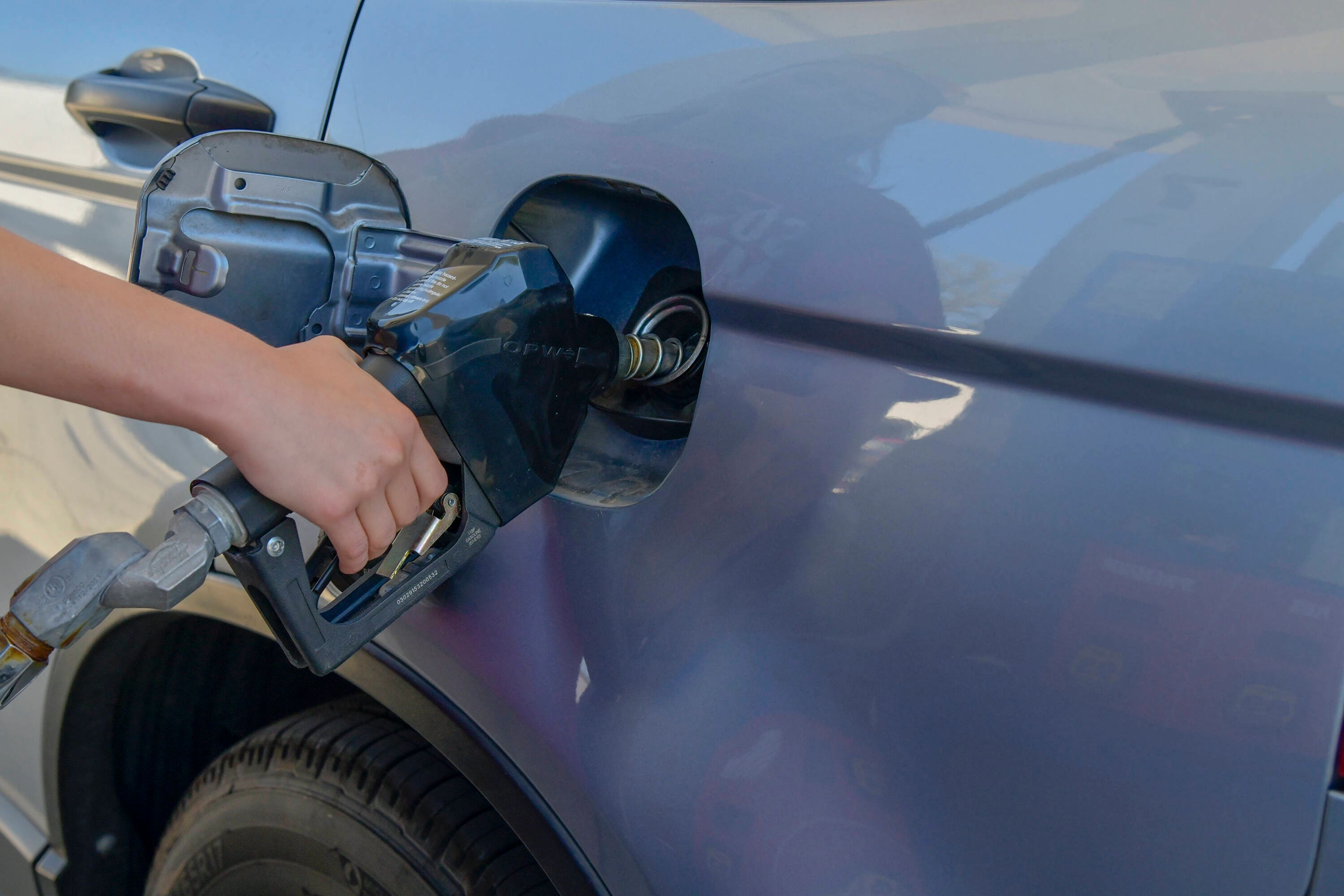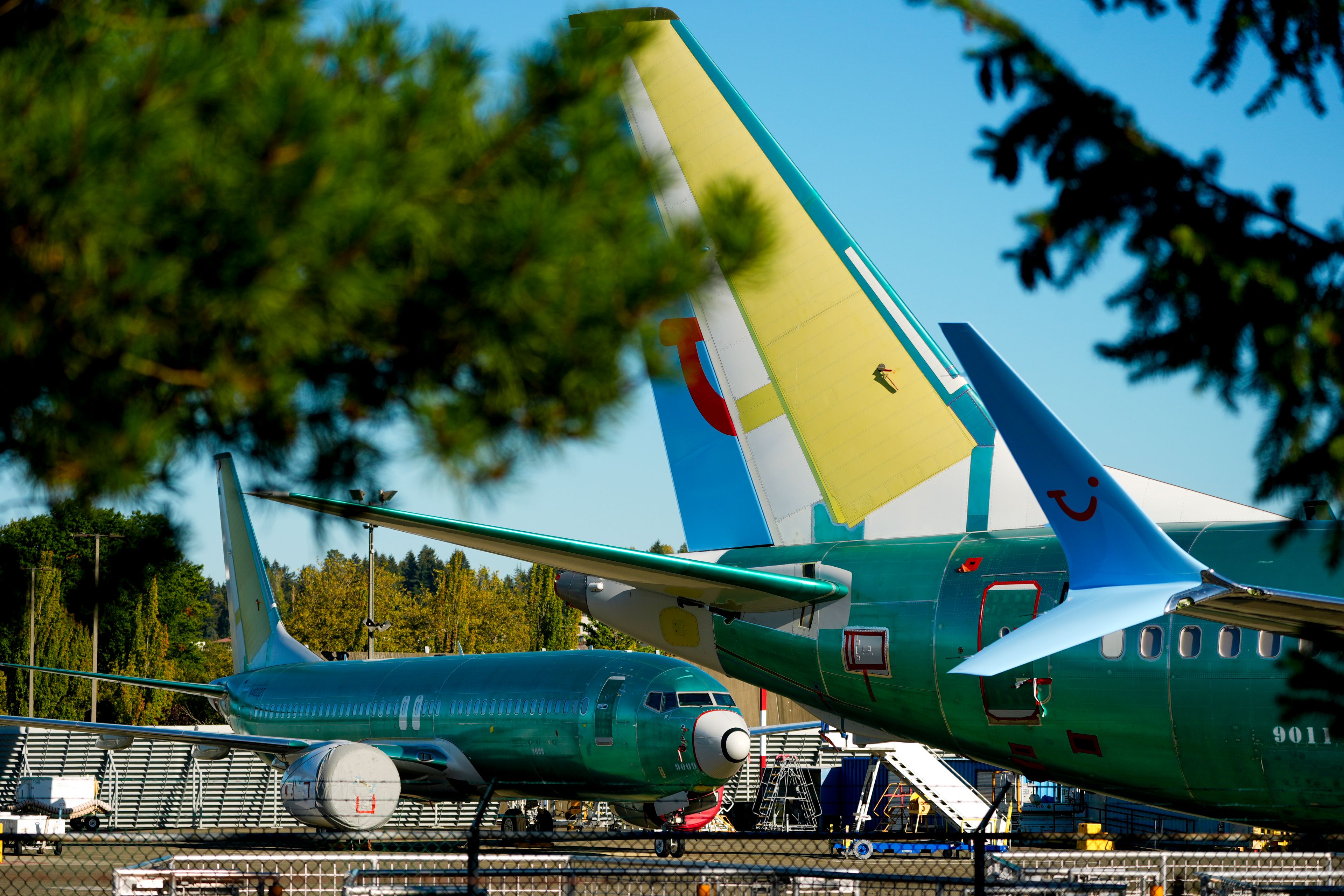Natural gas companies avoiding any risky ventures
It used to be that when Long Petroleum LLC sought a deep-pocketed partner to pursue a hot natural gas prospect, money was relatively easy to come by and deals were put together in a matter of months. Today, the Shreveport, La.-based company is lucky if its phone calls are returned...
It used to be that when Long Petroleum LLC sought a deep-pocketed partner to pursue a hot natural gas prospect, money was relatively easy to come by and deals were put together in a matter of months. Today, the Shreveport, La.-based company is lucky if its phone calls are returned.
"People are afraid to take a risk," said Kevin Long, whose family owned business has been wildcatting since the 1930s. Other executives and industry officials agree, and attribute the change to a complicated mix of economics, politics and geology.
The experience of Long Petroleum illustrates how this cautiousness is transforming an industry whose legend was built by people willing to bet the ranch in hopes of striking it rich. Furthermore, the aversion to risk could lead to tighter supplies and higher prices in the future.
The prudence is palpable, experts said, and partly explains why there has not been a rush to drill new wells in recent months, despite a significant ascent in the price of natural gas, a mostly domestic fuel used to heat homes and produce electricity. It will almost certainly result in higher prices for homeowners this winter.
Plans to buck trend
Mark Papa, the chairman and chief executive of EOG Resources Inc., a large Houston-based oil and gas producer, said the industry trend points to a "very substantial decline" in domestic natural gas production over the next six months, and possibly longer.
EOG Resources plans to buck the industry trend, increasing production now in anticipation of even higher prices, Papa said.
Papa said he expects the wholesale price of natural gas to range between $3.50 and $4.50 per 1,000 cubic feet over the next three years. By comparison, the average price from 1996 to 2000 was $2.46, according to the Department of Energy.
Other industry officials are less bullish, stressing that the current price -- hovering above $4 -- is due to temporary phenomena, most notably the threat of war in Iraq. They say current production levels are high enough because the economy is still weak and fuel demand is recovering slowly.
Deciding when to boost production has always been tricky. Variables as unpredictable as the economy, the weather and changing environmental regulations can quickly move prices in either direction.
But attributing the widespread tentativeness to these factors alone, or the threat of war, would be to overlook recent changes in the industry's collective philosophy.
"The natural gas industry is going through a sea change," said Fred Lawrence, director of economics at the Independent Petroleum Association of America, a Washington-based industry group.
Made leery by collapse
The reshaping of attitudes is owed largely to the dramatic surge and collapse of natural gas prices between late 2000 and early 2001, industry officials, executives and analysts said. The memory of that experience has made companies leery about aggressively boosting output, even though the average price of natural gas has risen nearly 70 percent in the past year.
"Oil and gas production should be hopping and popping," Lawrence said.
Instead, companies are finding that rising operating costs have crimped profit margins and they are using cash flow from existing wells to pay down debt, Lawrence said. The industry also complains about insufficient access to land and has been pushing to open up areas of the Rocky Mountains that are currently off-limits for environmental reasons.
The number of rigs drilling for natural gas in the United States is down 23 percent compared with a year ago, according to Baker Hughes Inc., which provides equipment and services to the industry.
"You've got to be safe," said Paul Hilliard, president of Badger Oil Corp. of Lafayette, La. "Assume the worst and limit your exposure." For example, Hilliard said he would only borrow money to drill wells that would be profitable in a $2-$2.50 price environment.
Schlumberger Ltd., one of the largest oil field services companies in the world, reported earlier this month that revenue from operations in North America fell by 26 percent in the July-September quarter.
Boosting balance sheets
Euan Baird, Schlumberger's chairman and chief executive, said: "Faced with huge economic and political uncertainties, our customers, particularly in North America, have become averse to risk and are tending to use the proceeds of higher and oil and gas prices to strengthen balance sheets rather than expand exploration and production programs."
Still, some industry insiders believe the hesitation to drill reflects changes that run deeper than mere fiscal discipline.
It has become increasingly difficult, they say, to find natural gas prospects that are relatively cheap to drill and which have the volume and longevity needed to attract the attention of large independent petroleum companies. Smaller players such as Long Petroleum and Badger Oil often rely on large independents such as Anadarko Petroleum and Devon Energy to finance their projects.
"I truly believe that most of these companies are running out of lucrative investment opportunities," said Fadel Gheit, petroleum analyst at Fahnestock & Co. in New York.
How else to explain why companies large and small are not doing more drilling, especially with historically low interest rates that make it easy to borrow money, Gheit said.
Hilliard of Badger Oil does not disagree. "There's a big difference between finding oil and gas and making money from oil and gas," he said.
Connect with the Southeast Missourian Newsroom:
For corrections to this story or other insights for the editor, click here. To submit a letter to the editor, click here. To learn about the Southeast Missourian’s AI Policy, click here.





